Sport Poker – Differences, Features, and Rules
Sport poker, often referred to as tournament poker, is a form of poker where players compete in organized tournaments to win cash prizes and prestigious titles. Unlike traditional poker games played in casinos, sport poker emphasizes skills, strategy, and competition rather than the sole pursuit of monetary gain.
Why Sport Poker?
Sport poker is distinguished by its structure and approach to the game. Players do not play against the house but compete against each other, minimizing the element of luck in favor of skill and experience. Poker tournaments are held at various levels, from local events to international championships, allowing players to develop their skills and climb the ranks of the poker world.
A Brief History of Sport Poker
Sport poker has its roots in traditional poker games popular in 19th-century Wild West saloons. However, it was not until the 20th century that sport poker began to take shape as we know it today.
The first official poker tournament took place in 1970 when Benny Binion, a Las Vegas casino owner, organized the first World Series of Poker (WSOP). This event brought together the best poker players from around the world, competing for the world champion title. Since then, the WSOP has become an annual event, attracting thousands of participants and millions of viewers.
Over the years, sport poker has evolved, introducing new tournament formats such as Texas Hold’em, Omaha, and Seven-Card Stud. The advent of televised poker tournaments like the WSOP, World Poker Tour (WPT), and European Poker Tour (EPT) significantly increased the popularity of this form of the game, making sport poker a global phenomenon that attracts both professionals and amateurs.
With the rise of the internet, sport poker gained a new dimension. Online poker platforms have enabled players from all over the world to compete in tournaments without leaving home. This accessibility has further boosted the popularity of sport poker and created a new generation of players honing their skills in a virtual environment.
Differences Between Sport Poker and Traditional Poker
Objectives of the Game
Traditional poker, also known as casino poker, primarily focuses on the gambling aspect, where the player’s goal is to win as much money as possible in a single session. These games are usually played in casinos, where players play against the house or other players in cash games. The outcome of each hand largely depends on luck and the ability to read opponents, and success is measured directly in monetary winnings.
In sport poker, the main goal is not monetary gain but competition based on skills, strategy, and psychology. Poker tournaments offer a structure where players compete for points, titles, and prizes, often in long-term series and leagues. Ultimate success is measured by the number of tournament wins, rankings, and titles won, promoting skill development and continuous learning.
Game Structure
In traditional poker, cash games are the main form of play. Players enter the game with a set amount of money, which can be exchanged during play. Each hand is a separate unit, and the game can last as long as the players want.
In sport poker, tournaments dominate, featuring a defined structure and duration. Players pay an entry fee to participate and receive a set number of tournament chips. The game ends when one player accumulates all the chips, and prizes are awarded based on final standings. Tournaments can have various formats, such as Sit & Go, Multi-Table Tournaments (MTT), or Heads-Up, each with unique rules and strategies.
Regulations and Rules
In traditional poker, rules can vary depending on the casino and region. Casinos have specific regulations regarding stakes, raking (casino commission), and table behavior. Differences may include bet limits and available game types.
Sport poker is much more standardized, thanks to international poker organizations and federations. Tournaments follow standardized rules regarding blind structures, tournament levels, game times, and play methods. For example, in most WSOP or EPT tournaments, blind and ante structures are pre-determined, ensuring fair competition.
Sport poker also emphasizes fair play and game ethics. Organizations such as the Poker Players Alliance (PPA) and the International Federation of Poker (IFP) enforce rules to maintain game integrity, including bans on cheating, collusion, and ensuring fair competition.
Summary of Differences
Understanding the differences between sport poker and traditional poker is crucial to understanding how both forms function and what they offer participants. Sport poker, with its focus on skills, strategy, and standardized regulations, creates an environment where players can hone their abilities and compete at the highest level. Meanwhile, traditional poker, though more focused on gambling, has its unique characteristics and charm, attracting players seeking quick action and potential monetary winnings.
Features of Sport Poker
In sport poker, player skills are paramount to long-term success. Unlike traditional poker, where luck plays a bigger role, sport poker focuses on strategic thinking, the ability to predict opponents’ moves, and resource management. Players must thoroughly understand the rules, mathematical probabilities, and the psychology of their rivals.
A key element is hand analysis, which means carefully studying each played hand to understand mistakes and successes. Using advanced poker data analysis software, such as Hold’em Manager or PokerTracker, allows players to draw conclusions and improve their strategies.
Strategies for Sport Poker
Sport poker requires players to know various strategies that can be adjusted depending on opponents and game situations.
- Tight vs. Loose: The tight strategy (playing fewer hands but with more certainty) versus the loose strategy (playing more hands) is one of the basic decisions players must make. The choice of strategy depends on the opponents’ playing style and table dynamics.
- Aggressive vs. Passive: An aggressive approach, involving frequent betting and raising, is often more effective than a passive game, which involves frequent checking and rare raising. Aggressive play allows for pressuring opponents and forcing them into mistakes.
- Bluffing and Semi-Bluffing: Bluffing is a key element of sport poker. The ability to bluff effectively and identify opponents’ bluffs can significantly impact the game outcome. Semi-bluffing, bluffing with a hand that can improve, is also an important technique.
- Reading Opponents: The ability to read opponents, analyze their behavior, reaction time, and betting patterns, is invaluable. Experienced players can predict the strength of an opponent’s hand based on this information and adjust their strategy accordingly.
Psychology of the Game
Psychology plays a significant role in sport poker. Players must manage their emotions, such as stress, excitement, or frustration, to maintain concentration and make rational decisions.
- Tilt and Emotional Control: Tilt, a state of emotional disturbance after a series of losses, can lead to bad decisions. Developing the ability to remain calm and composed, regardless of the current game situation, is crucial.
- Mind Games: Playing mind games with opponents, misleading them about your intentions and hand strength, is an advanced technique used by top players. Manipulating opponents’ perceptions can provide a significant advantage.
Statistics and Data Analysis
Modern sport poker uses advanced data analysis tools to help players understand their game patterns and identify areas for improvement.
- Analysis Software: Programs like PokerTracker and Hold’em Manager allow collecting and analyzing data from thousands of hands, identifying tendencies, and better understanding opponents.
- HUD (Heads-Up Display): A HUD displays real-time statistics about opponents during online play, enabling players to make more informed decisions based on actual data.
- Game Theory: Applying game theory in sport poker helps create balanced strategies that are harder for opponents to exploit. Players use theoretical models to minimize their predictable behaviors.
Rules of Sport Poker
Sport poker, like other forms of poker, is based on a set of fundamental rules governing the gameplay. The most popular variant in poker tournaments is Texas Hold’em, so we will discuss the basic rules using this version as an example.
- Dealing Cards: The game begins with each player being dealt two hole cards. Then, five community cards are dealt in three stages: three cards (the flop), one card (the turn), and the final card (the river).
- Betting Rounds: After the hole cards are dealt, the first betting round takes place. Subsequent rounds occur after each community card stage (flop, turn, river). Players can check, bet, raise, or fold.
- Poker Hands: The goal is to create the best possible five-card hand from the two hole cards and five community cards. The best hands include straight, flush, full house, four of a kind, and royal flush.
- Showdown: After the final betting round, the remaining players reveal their cards, and the player with the best hand wins the pot.
Tournament Formats in Sport Poker
Sport poker offers a variety of tournament formats, each with its structure and strategies.
- Sit & Go (SNG): These tournaments start when a specified number of players, usually 6 to 10, register. SNGs are short tournaments, typically lasting from 30 minutes to a few hours, making them ideal for players who prefer quick action.
- Multi-Table Tournaments (MTT): MTTs are larger tournaments with many tables of players. They start at a set time and can last for many hours or even days. Players are eliminated when they lose all their chips, and the tournament continues until one player holds all the chips.
- Heads-Up: Heads-Up tournaments are one-on-one matches where players compete directly against each other. This format requires a different strategy than multiplayer games, focusing on intense opponent reading and aggressive play.
Scoring and Ranking System
Sport poker has a scoring and ranking system that evaluates players based on their tournament performance. Points are awarded for placements, with higher rewards for higher positions.
Players earn points based on their placements in tournaments. Points can be awarded proportionally to the number of participants and the entry fee. In larger tournaments, such as the WSOP or EPT, the points earned are higher, affecting the player’s global ranking.
Player rankings are published regularly, often on tournament organization websites. The world’s best players are ranked based on their consistency and achievements in various tournaments, providing prestige and often sponsored entries into larger tournaments.

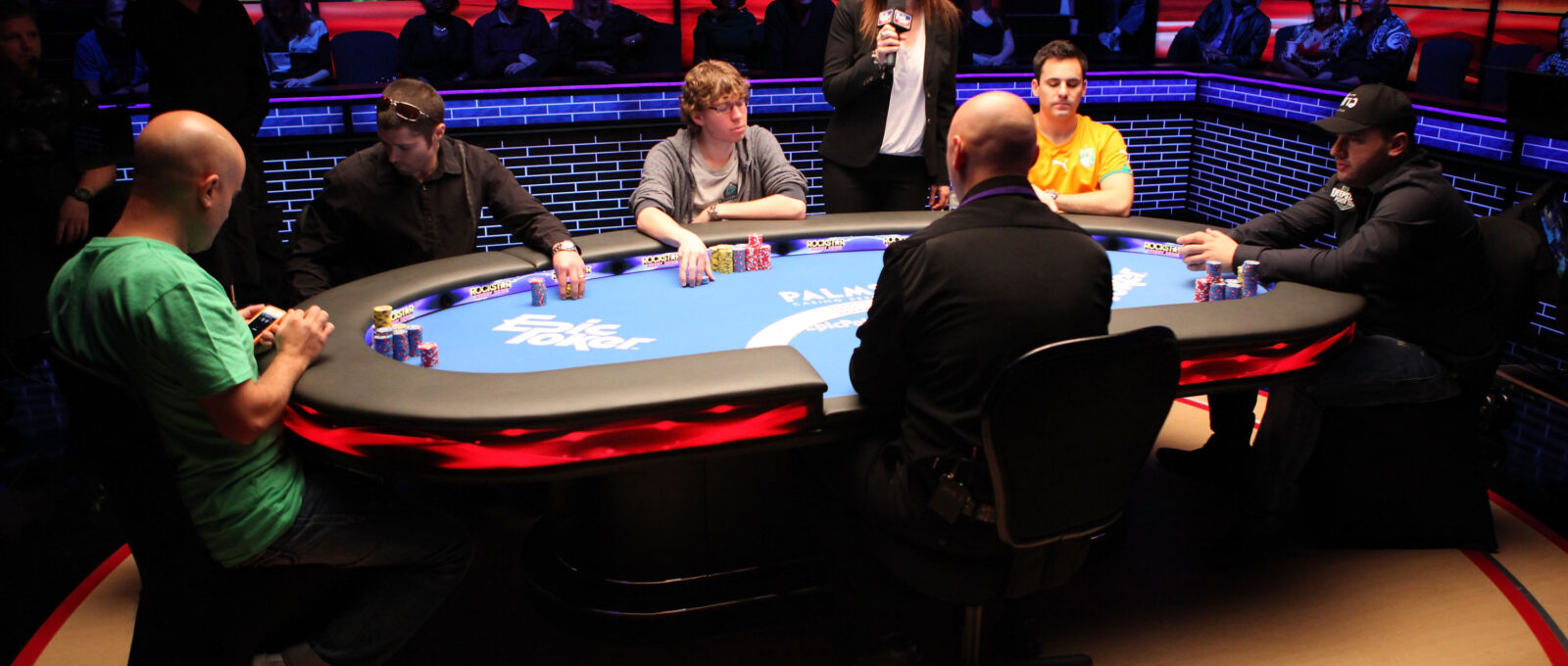

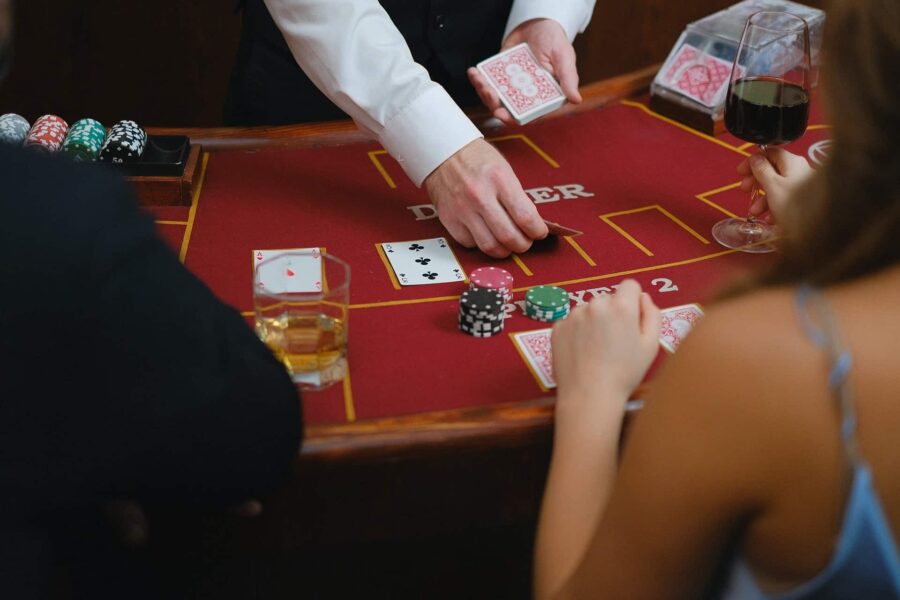
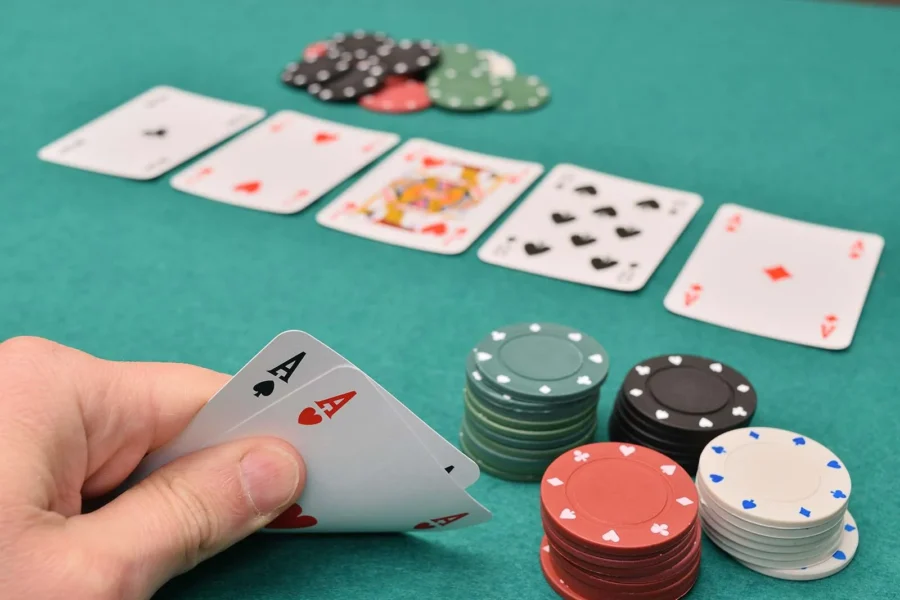
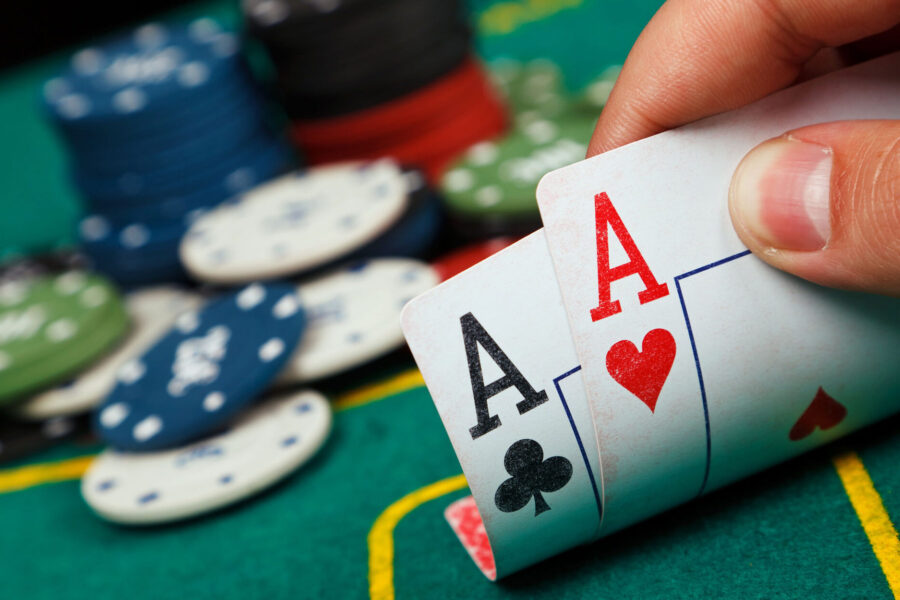
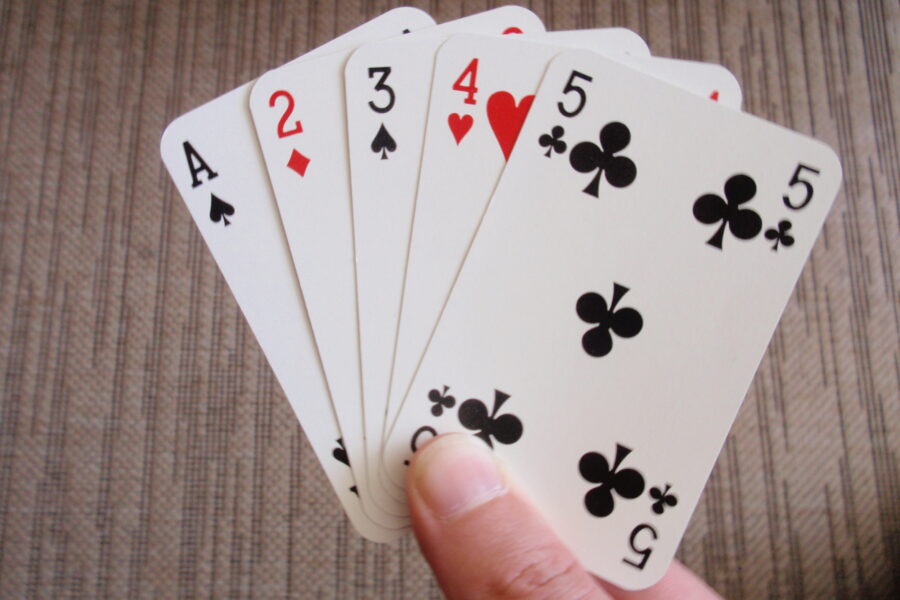
Leave a Comment